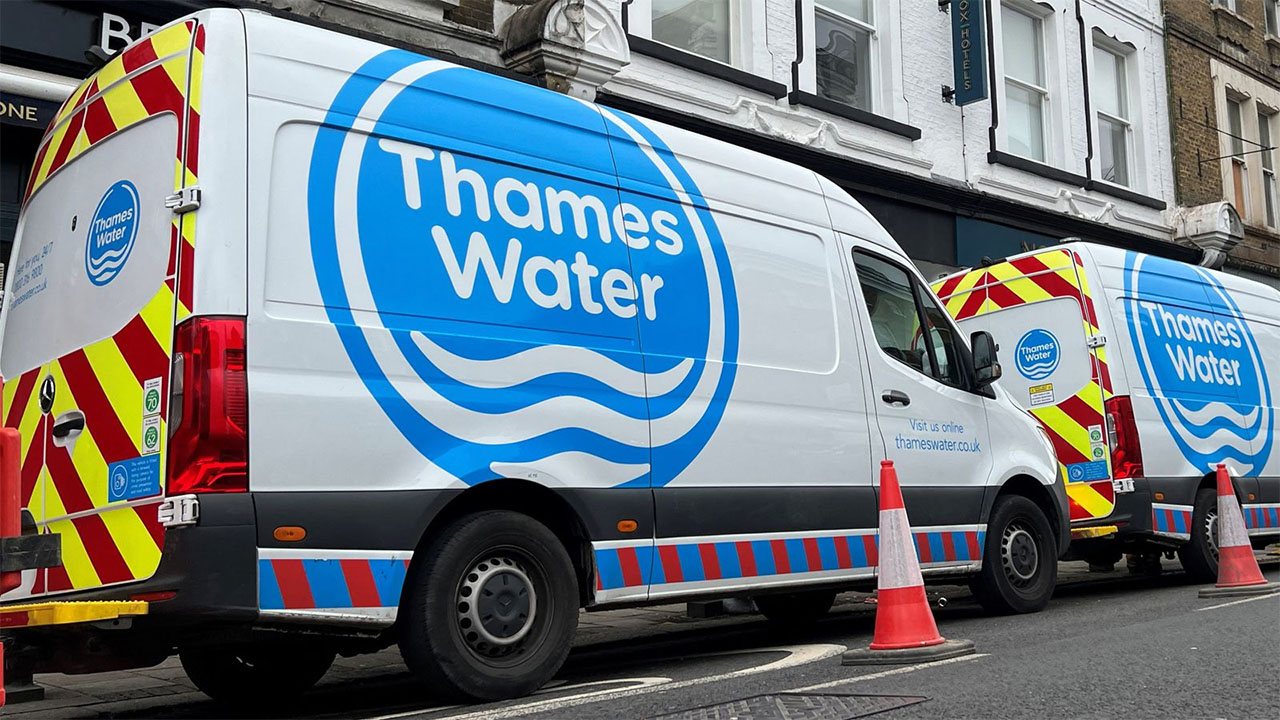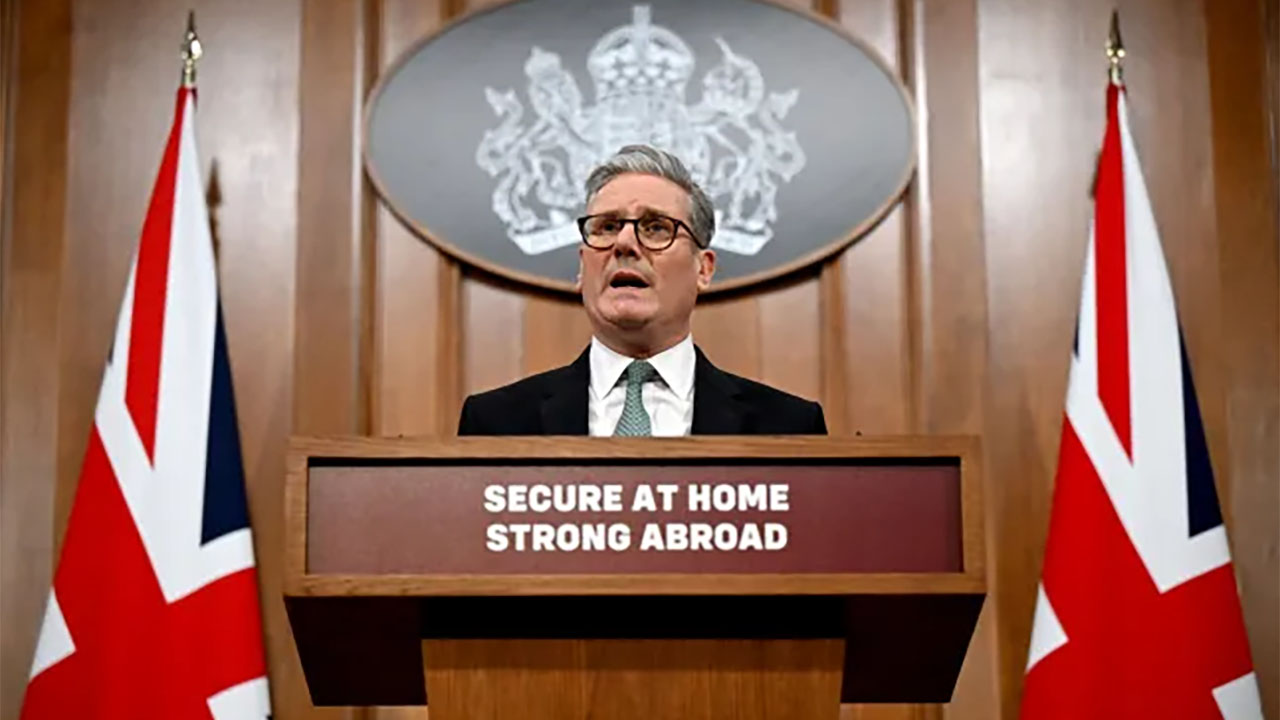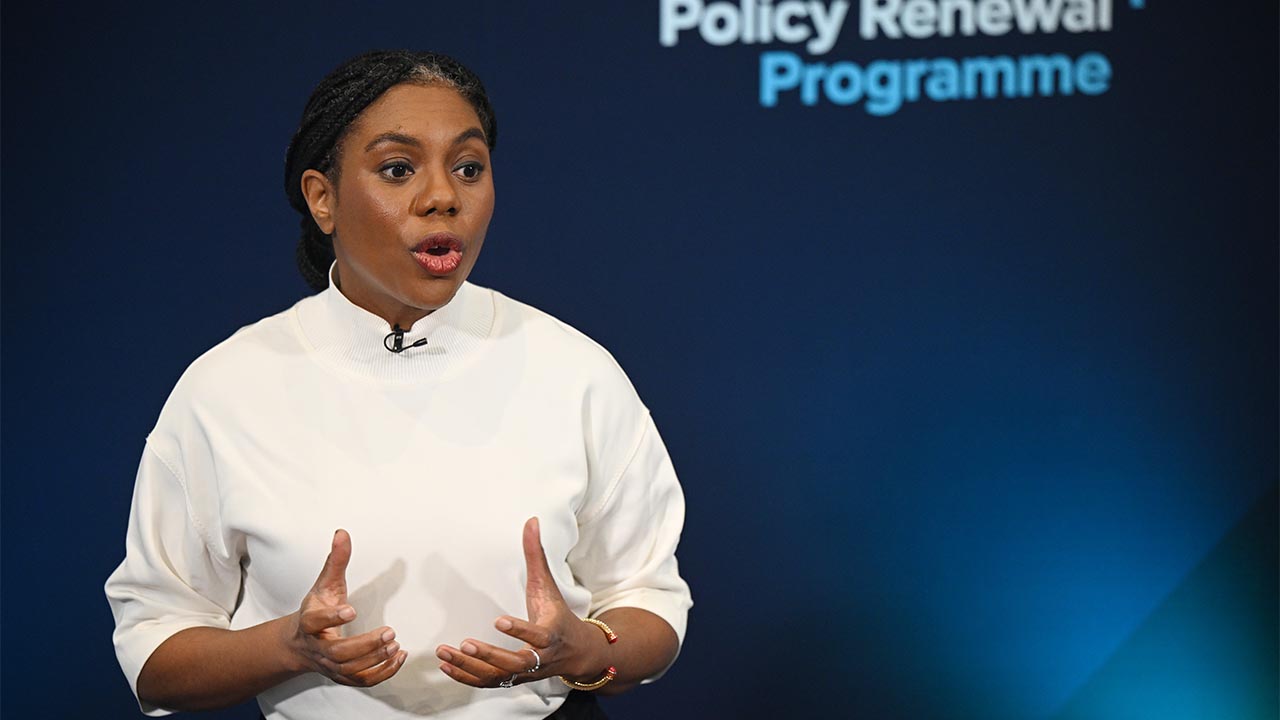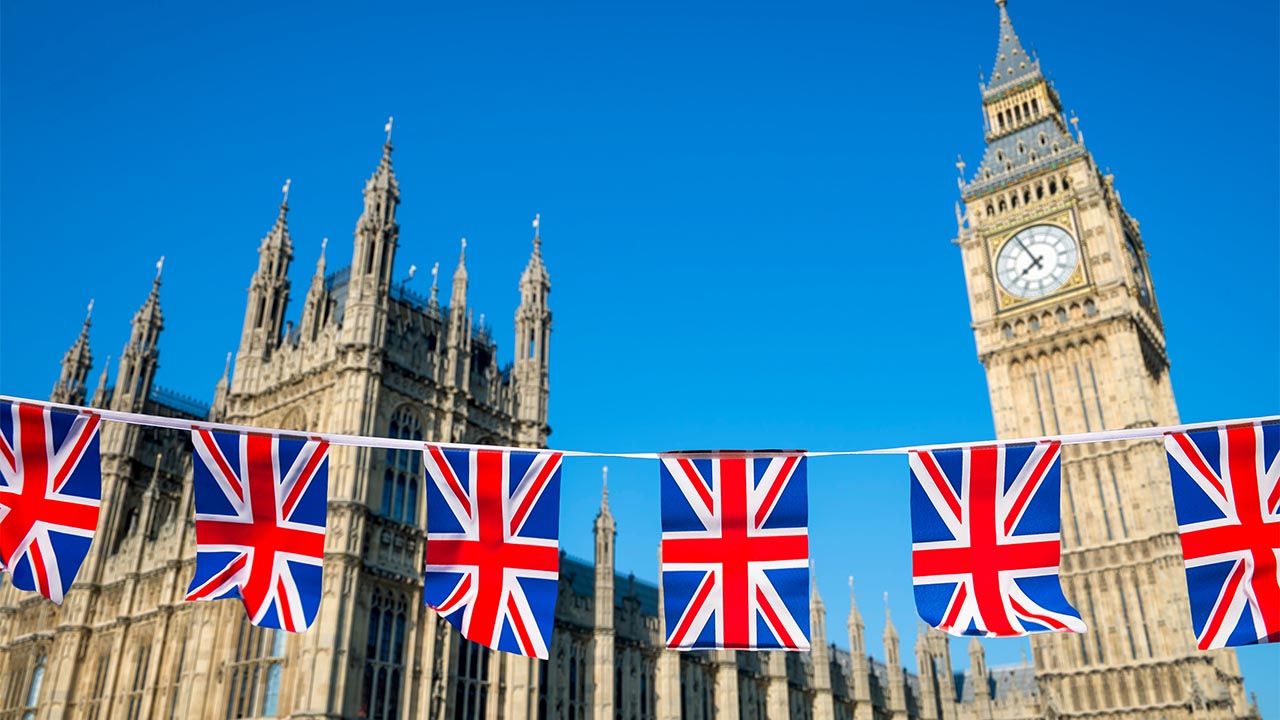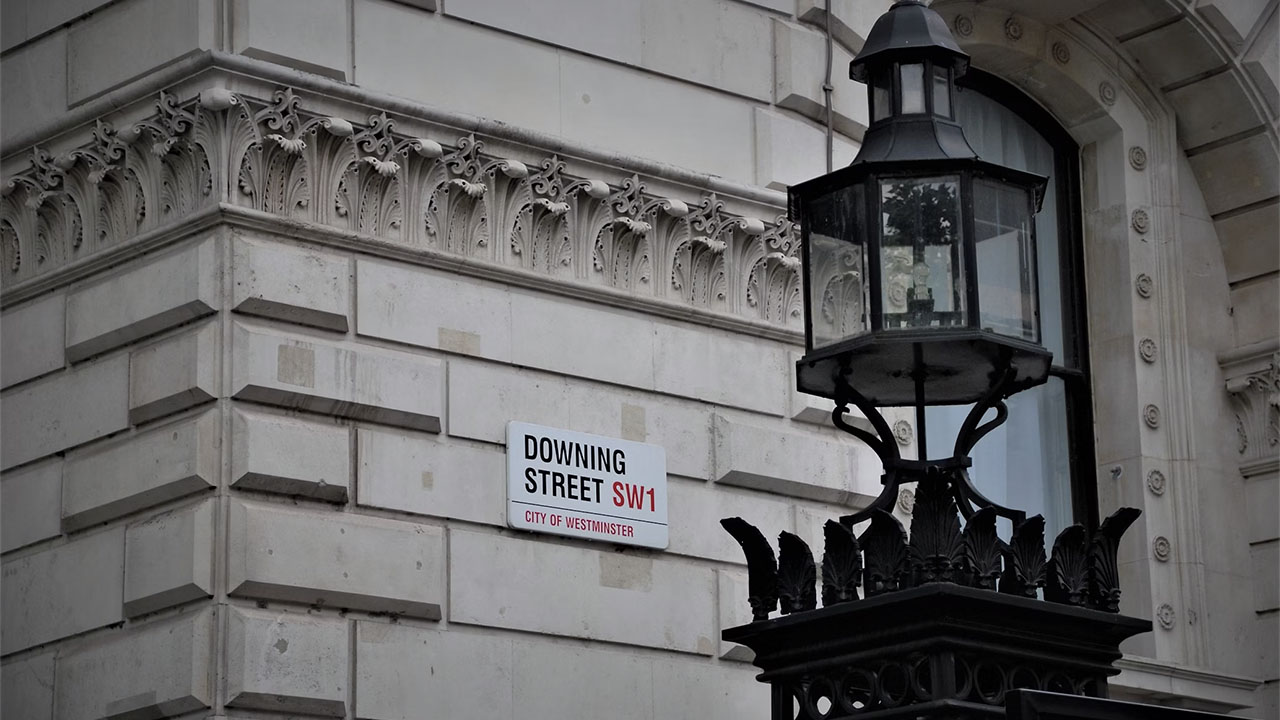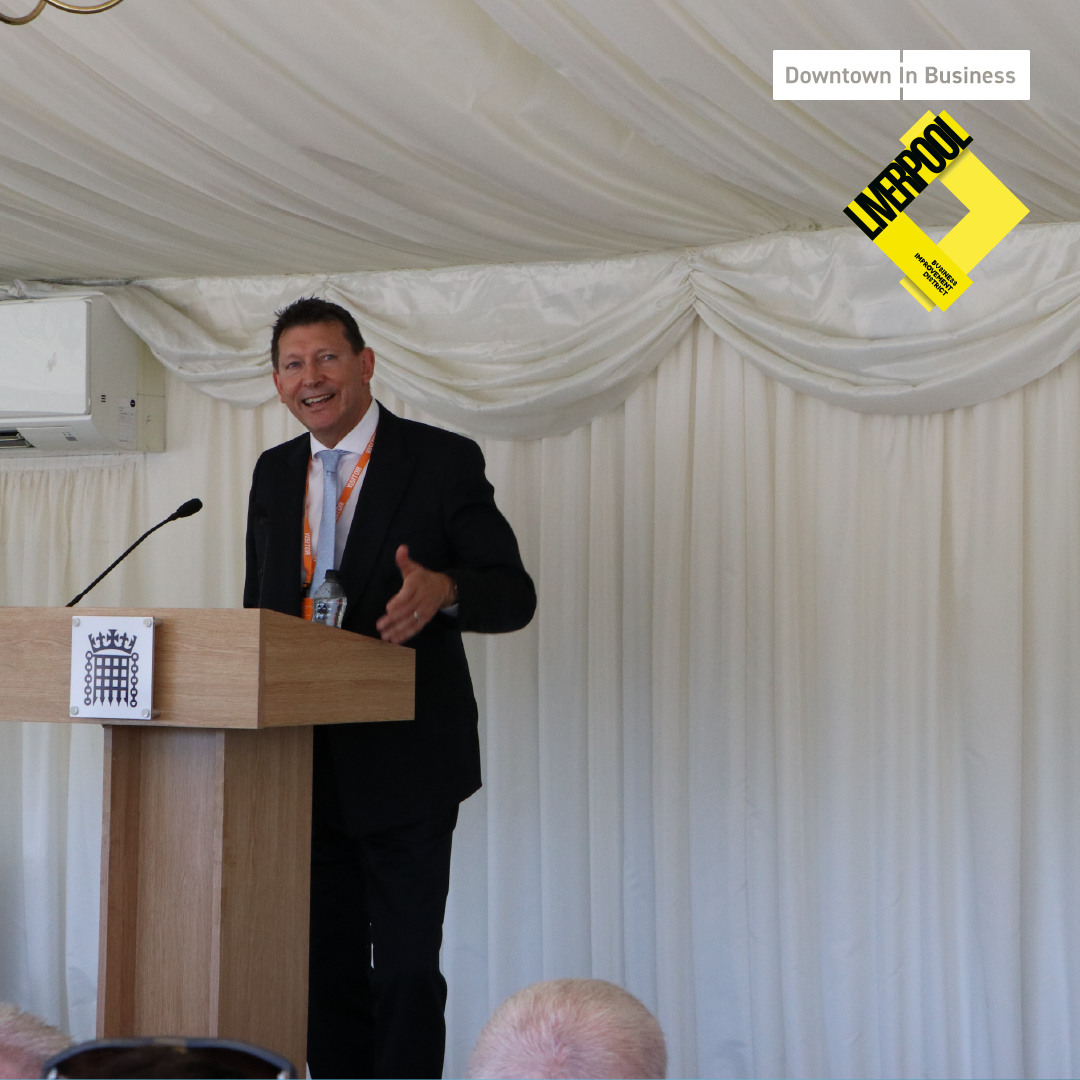OK, it’s less than £20.00 a year over the next five years but the increase in water bills is an insult to everyone. Ofwat, the organisation that apparently lacks teeth and spine and is the body responsible for economic regulation of the privatised water and sewerage industry in England and Wales is letting Thames, and all bar two of the other water companies increase customer bills by an average 22% (considerably less than the companies wanted) to pay for desperately needed infrastructure. That investment has been needed for decades but water companies have preferred to pay shareholder dividends, award bonuses and huge salaries to their management teams instead. Showing an astonishing lack of self-awareness, Water UK which represents the water companies said: “Today’s announcement is the biggest ever cut in investment by Ofwat. If it doesn’t put this right Ofwat will be repeating the mistakes of the past. As a direct result, more housing will be blocked, the recovery of our rivers will be slower and we will fail to deal with the water shortages we know are coming.”
Water companies argue that had Ofwat allowed bills to rise over the last decade or more, there would have been more money for investment but that rings a little hollow when it’s clear that private water companies haven’t been willing to make any and it’s only because of relentless public pressure and raised awareness of the disgusting state of our seas and rivers that they’re even recognising there’s a problem. Meanwhile Chris Weston who’s the Chief Executive of Thames Water has robustly defended the £195,000 bonus he got for three months. Yes, three months. According to his biog, Mr Weston is a keen fly fisherman but sadly, doesn’t say where he likes to stand thigh deep in water hoping to catch something.
Rewarding failure has been a hallmark of privatisation and one of the worst legacies of the last government, be that dodgy PPE contracts, the Post Office, outsourced public transport, prison and probation services, the useless Covid Track and Trace scheme and innumerable appointments for cronies and Tory donors. But more than anything it’s the staggering unwillingness to hold anyone to account, to even attempt to set standards. It is but one of so many problems Keir Starmer has inherited but it is, unlike some of the others, one that can fixed by laying down clear expectations, timetables and being willing to impose sanctions to deal with incompetence. The new Environment Secretary Steve Reed is meeting with water company bosses and is expected to do exactly that. We’ll see. But if the new government is willing to take on the fat cats, the incompetence, corruption and vested interests that run through so much of our national infrastructure then they might begin to turn things round.
Starmer’s already indicated that he wants to strengthen the powers of his ministerial standards watchdog, allowing the Independent Adviser on Ministers’ Interests to initiate his own investigations, rather than only after a request from No 10. Within hours of being appointed Health Secretary, Wes Streeting declared that Labour’s huge majority was a mandate for reform of the NHS. Chancellor Rachel Reeves has brought back housing targets while scrapping what she called the ‘absurd’ ban on onshore wind farms. A consultation on planning rules is expected before the summer recess and some think that changes can be made quickly as many measures require no primary legislation. Without cash to splash, the government’s best hope is to reform and repair the systems and practices that have scuppered so much progress, left people feeling powerless and in some part at least resulted in last week’s rout of the Tories.


